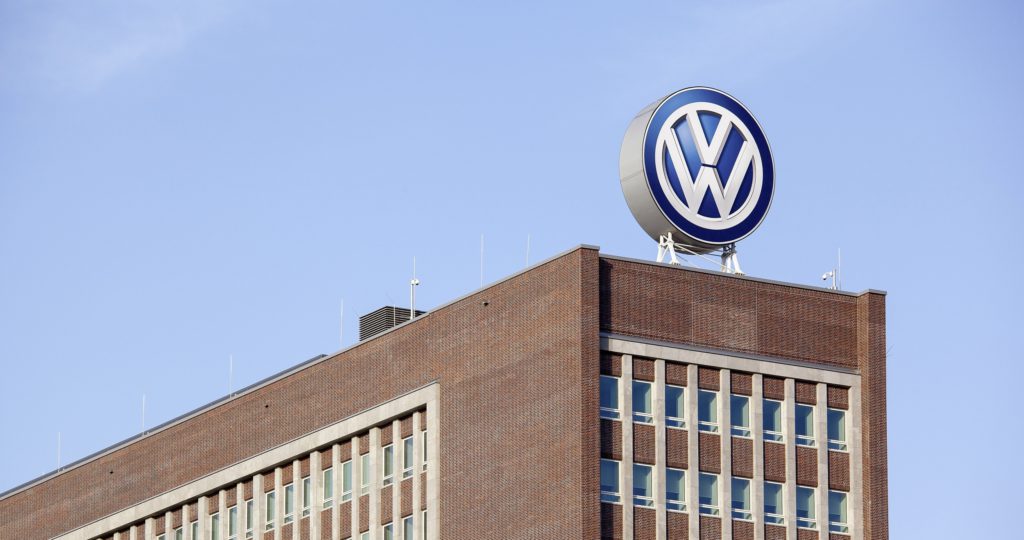VW stands by executives charged with alleged market manipulation
25 September 2019

VW stands by executives charged with alleged market manipulation
25 September 2019
The public prosecutor's office of Brunswick in the German state of Lower Saxony has brought charges of alleged market manipulation against the Chairman of the Supervisory Board of Volkswagen AG (VW), Hans Dieter Pötsch, and the Chairman of the Board of Management, Herbert Diess, as well as the former Chairman of the Board of Management, Professor Martin Winterkorn.
In an official statement, VW has responded that ′the Executive Committee still can, also from today's perspective, not see that the capital market was deliberately not informed.' VW added that ′the Board of Management of Volkswagen AG did not have sufficiently concrete indications that would have led to the obligation to inform the capital market immediately. For this reason, the successful cooperation with the Chairman of the Supervisory Board and the Chairman of the Board of Management shall be continued.'
Settlement strategy
The three current and former VW board members are accused of intentionally informing the capital market too late about the payment obligations of VW resulting from the so-called Dieselgate scandal, thereby unlawfully influencing the stock market price of the company. The prosecution states that they ′consciously and intentionally refrained from the required ad hoc announcement in order to keep the stock market price of the VW shares at the current level and to avoid losses.'
′Underlying the criminal charge of “market manipulation” is the will of the legislator to oblige executives of listed companies to publicise price-sensitive events such as significant financial risks immediately after they have been disclosed as part of a so-called ad-hoc-announcement, thus in particular owners of shares adjust their buying or selling behaviour and adjust expectations or risk assessments to the current situation of the company,' according to the official statement of the Brunswick public prosecutor's office.
The prosecution added that ′disclosing the “defeat device” would entail significant financial risks' and so ′the strategy was to ′reach a settlement with the US authorities, without disclosing all relevant circumstances.'
In 2015, VW offered to buy back all vehicles sold on the US market equipped with the manipulation software. As approximately 500,000 vehicles were affected, this would have cost around €16 billion. In the end, the company has paid more than $7.4 billion (€6.7 billion) to buy back about 350,000 diesel vehicles in the US.
In addition, under US federal law, VW faced fines totalling $37,500 (€34,100) per vehicle, amounting to approximately $19 billion (€17 billion). Finally, the situation also jeopardised the sale of 2016 model year vehicles, which would have equated to about €4 billion in lost sales for the company.
Respectful response
VW asserts that it has cooperated closely with the public prosecutor’s office and has respect for their work but ′in addition to the presumption of innocence in general,' has highlighted ′specific aspects that speak against the charge of market manipulation':
″¢ The substantial decrease in the share price of VW share after the publication of the Notice of Violation on 18 September 2015 is because the US authorities published their allegations completely unexpectedly during ongoing discussions with Volkswagen.
″¢ The Board of Management of Volkswagen AG could not foresee this change in the approach of the US authorities.
″¢ In this respect, the Board of Management could rely on the legal advice of the renowned US law firm Kirkland & Ellis. On the basis of Kirkland & Ellis's advice, it was to be assumed until the publication of the Notice of Violation that, as was the customary practice until then, a mutually agreed solution would first be worked out with the US authorities and then presented to the public in a joint statement.